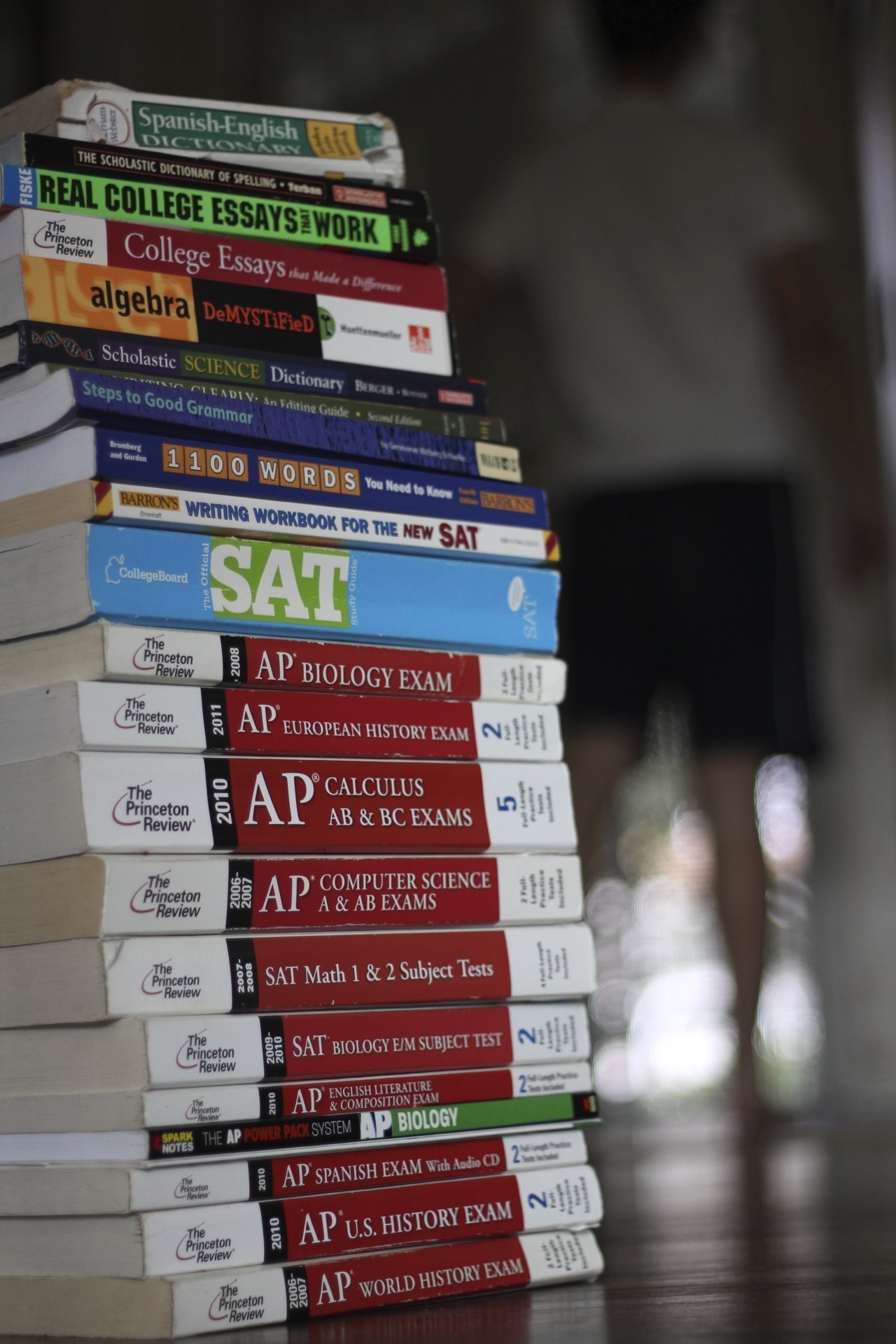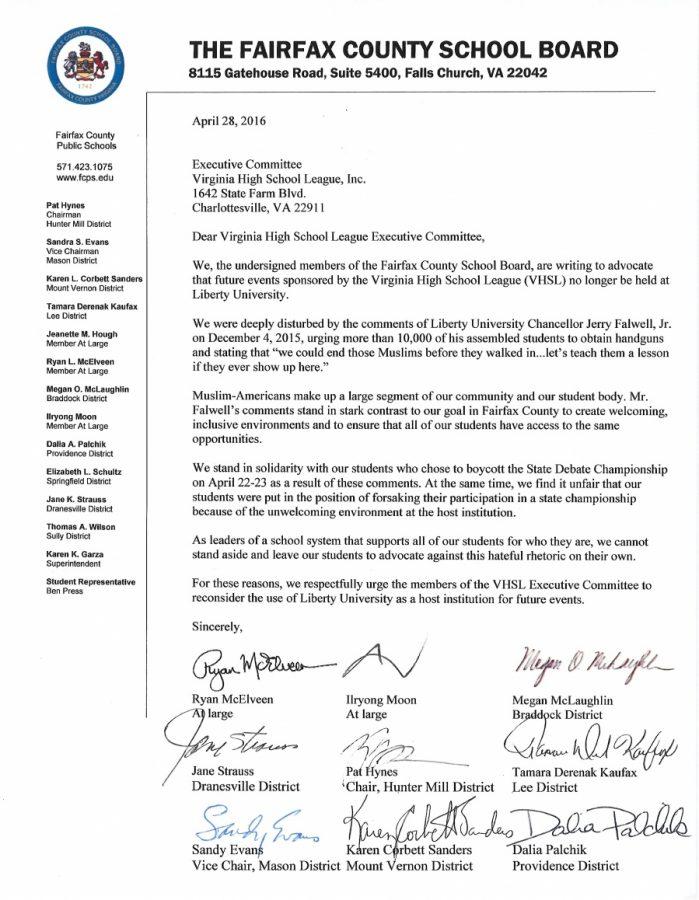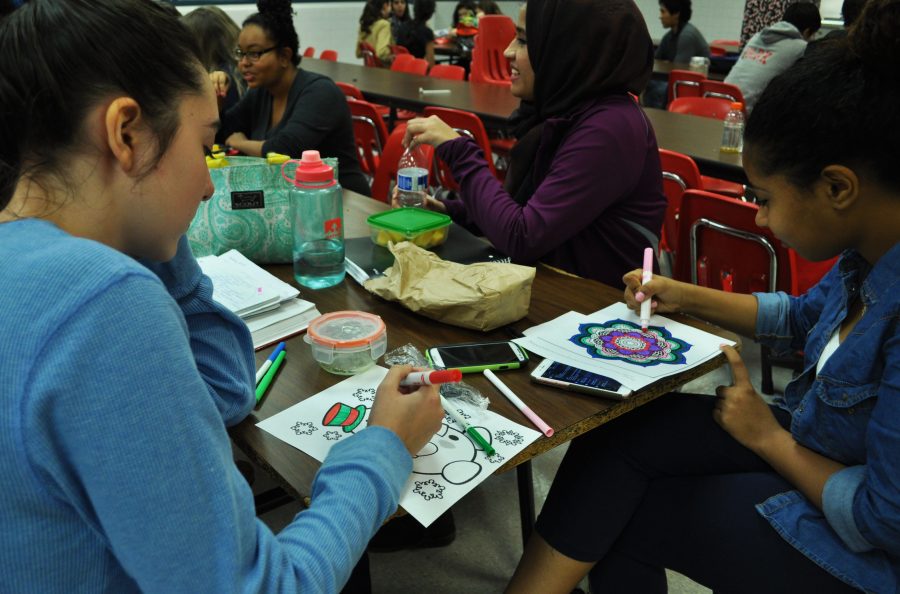‘Tis the season to be jolly? Not really. You are not alone; May is stressful AP testing time for more than a million students all over the nation. These five tips below can help you relieve that stress and get that 5.
- Breakfast is pretty important. Livestrong.com and other professional sources recommend eating foods with protein, complex carbohydrates, and healthy fats for breakfast. Nuts, yogurt, and oatmeal are a few of the many quick, nutritious foods to have the morning before a test.

- Review books are valuable. It’s not too late to purchase the books now. With their countless chapter questions, review books are great sources of practice. If you have time, read their lessons, too; It’s important to learn different methods and be exposed to various situations before taking the exams. If you are planning to take AP tests in the future, before buying review books, consider what your teacher prefers and approves.

- Instead of reading a romance novel on the beach, read your physics book. Many McLean teachers suggest students to learn AP subjects ahead of time in the summer. Especially for the academically ambitious, learning courses during the three-month break is definitely advantageous. Before the school year ends, for example, ask the current AP English teachers what novels they are planning to assign to next year’s classes. Or find websites with comprehensible math lessons like khanacademy.org. Browse through public Blackboard classroom pages of other FCPS school teachers; you will be surprised by what you can find.

- Cramming doesn’t really help. Especially because the exams cover full-year courses, don’t plan to leave all the studying on the night before the exams. According to Science Daily, cramming for tests reduces long-term retention and only causes more stress and anxiety. Instead, spend that time reviewing general outlines and answering practice questions in small sets.

- Find time to relax. On the day before the exam, take a nice walk (if the weather permits it). Listen to soothing music and sing along. Look at your family albums. Do anything that is comfortable and relaxing. To do your best on test day, it is necessary to relieve the anxieties and stress.

Was that not enough? Here are more tips from experienced McLean teachers (specifically for the most commonly taken AP exams here at McLean).
AP Psychology
“Do some review every day and be sure to spend a little extra time on information with which you are uncomfortable with. Review vocabulary and key names. Join or create a study group and work together on reviewing material. Just be sure to stay on task and not get distracted!” psychology teacher Julie Henning said.
AP United States History
“Expose [yourselves] to as many multiple choice questions as possible before the test. There are so many resources available online…Students should review specific rubrics and also access sample essays and examples of student responses… DO NOT try to go back and read the entire textbook in the days before your test! You will really stress yourself out doing that and it could affect your performance,” social studies teacher Maggie Tran said.
AP Calculus
“My advice is simple: students should understand all [handouts given in class] before the AP exam,” math teacher Crissie Ricketts said.
AP English Language and Composition
“Study all rhetorical terms, reread your free response essays, reread the models essays…Review the multiple choice tests, determining your areas of concern, [and] practice,” english teacher Joyce Porter said.
AP Chemistry
“Do a few net ionic equations each day…Pick your weakest topics and dedicate a significant time to reviewing that topic. Read the summary in a review book, or the one at the end of the chapter of your test. Then, do a few problems. Practice the writing for the FR. Be sure to look at the rubric and compare your answers! And be careful with your vocabulary when writing explanations,” science teacher Christina Hicks said.
AP Biology
“To do well on this new Biology AP exam, you need to have mastery of the following: all the lab experiences that were done in the AP Biology class, statistical analysis, biochemistry, human body systems, evolution, genetics, ecology, and classification,” science teacher Julia Murdock said. Murdock has a document outlining the subjects in detail.








